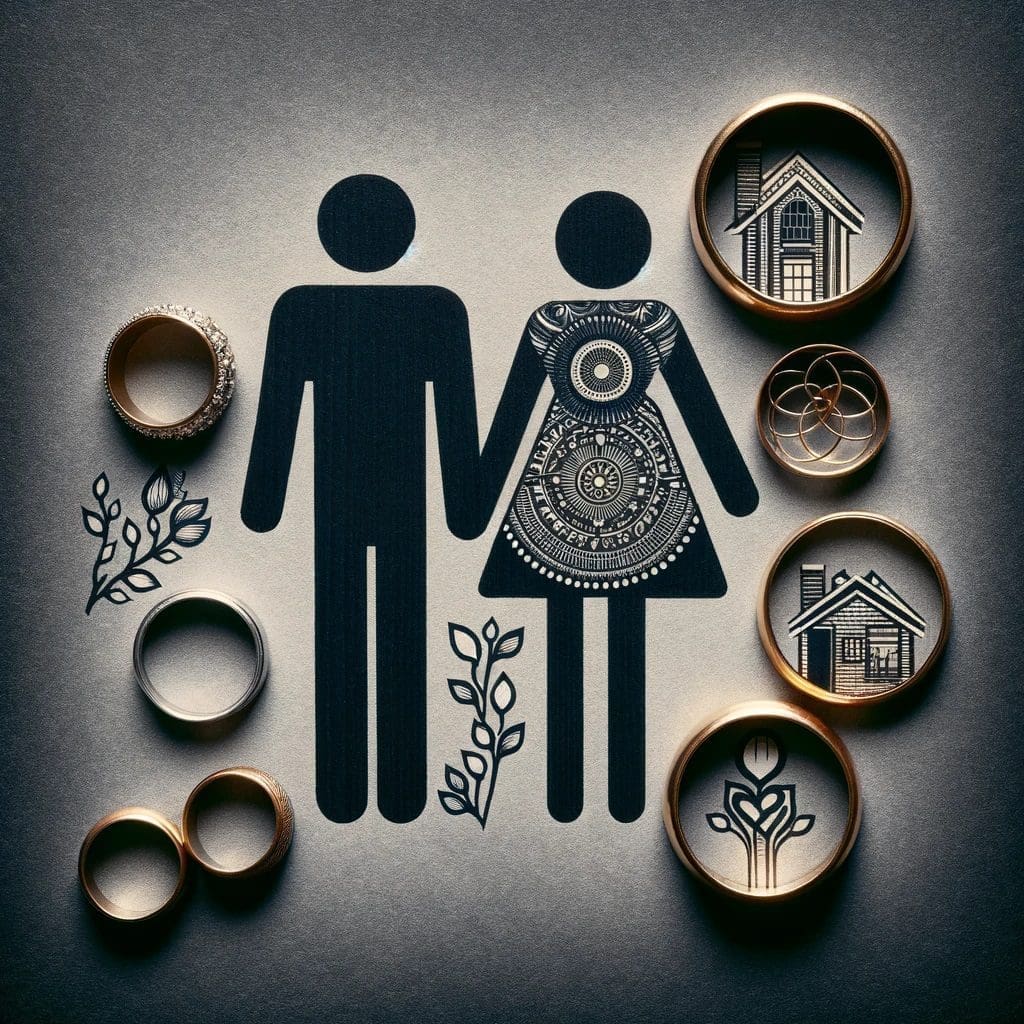Can You Face Prison Time for Bigamy Violations?
In the landscape of family law and criminal justice, bigamy emerges as a topic that intertwines legal, ethical, and cultural complexities. It is a term that often surfaces in discussions about marriage laws, immigration issues, and personal rights. Bigamy, defined as the act of entering into a marriage with one person while still legally married […]
Read More
